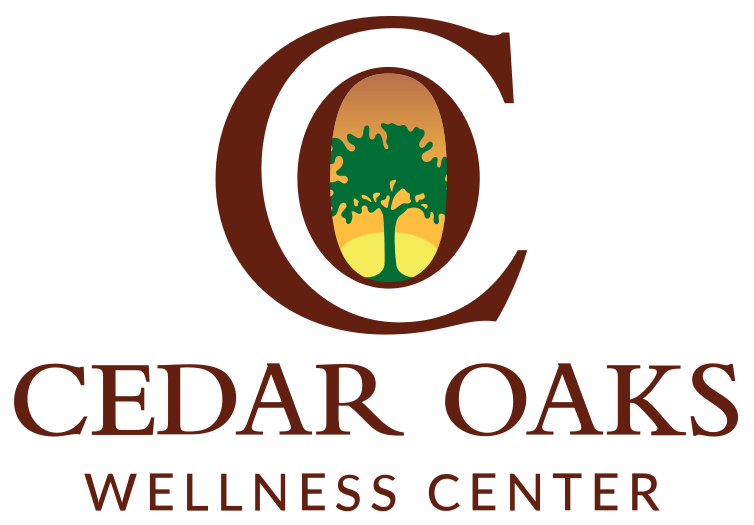One of the most pressing questions someone has when they think about rehab is, “How long will recovery last?” Going through detox and treatment doesn’t necessarily guarantee lifelong sobriety, and the fear of relapsing is enough to keep some people trapped in the throes of addiction.
Whether you struggle with addiction yourself or you’re looking to support a loved one that is, you may find yourself wondering what might tempt someone to return to using after a period of sobriety. We’re here to shed light on some of the most frequently reported feelings and situations that may bring this on.
Lack of Desire
Although your family, significant other and other outside factors can motivate you to get help, the real source of your desire to get sober has to come from within. If you place your entire recovery on pleasing someone, it can quickly fall apart. You must truly want to get sober and know that this is a decision to save your life, not just fulfill someone else’s wishes.
Unrealistic Expectations
Although turning to drugs and alcohol can be a source of shame, it is important to acknowledge that relapse is a common and normal part of the recovery process. The recovery process does not happen in 90 days or even a year. Sobriety is a life-long journey just like mental health and physical wellness. Understanding the difficulties and anticipating the natural highs and lows of treatment can help prevent immediate relapse.
Not Having a Relapse Prevention Plan
Not having a support system or avoiding ongoing therapy can cause old feelings and habits to quickly resurface. It takes consistent planning and strategizing to ensure that you stay sober after detox and rehab. Relapse prevention plans are designed to help people stay on track after their initial program.
Some ways that you can find additional support include:
- Building a good support system.
- Having access to secure housing, food, and life essentials.
- Living in an uplifting and sobriety-centered environment.
- Continuous to attend support groups and meetings.
Mental Health Issues
Confronting addiction with a co-occurring mental health condition, like depression or anxiety, requires the right treatment. When embarking on addiction treatment, you also need counseling that helps you tackle your mental health symptoms and the unique relationship that they have to your substance abuse.
Seek Treatment for Addiction in Ohio
At Cedar Oaks Wellness Center, we treat addiction like a chronic disease, which requires ongoing management. To help our patients get the most out of their experience, we help them plan ahead so they feel confident in their ability to stay sober and continue getting better after completing their program.
If you or a loved one are suffering from alcohol or drug addiction and are ready to start your journey toward recovery and wellness, we’re here to help. We believe that our clients should have a say in how they recover from alcohol and drug addiction to meet their specific needs and goals.To learn more about our treatment programs, fill out an online contact form or call us at (513) 780-5201 today.


